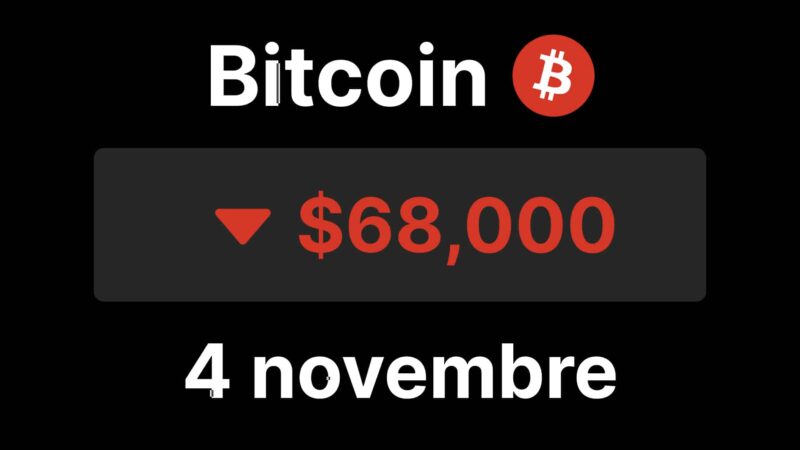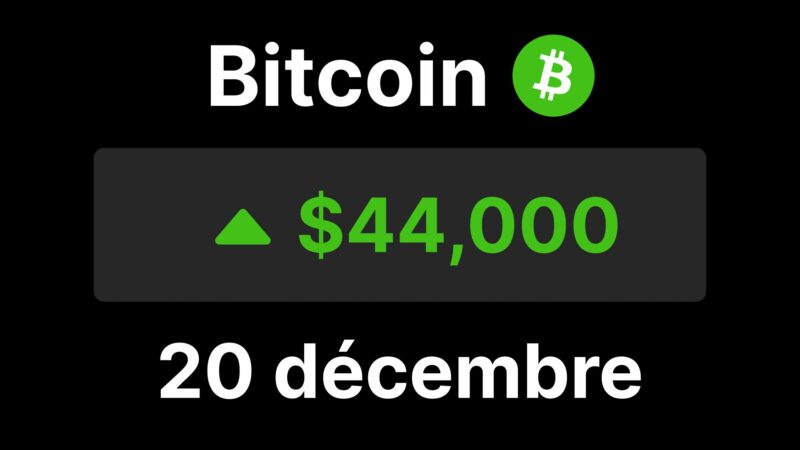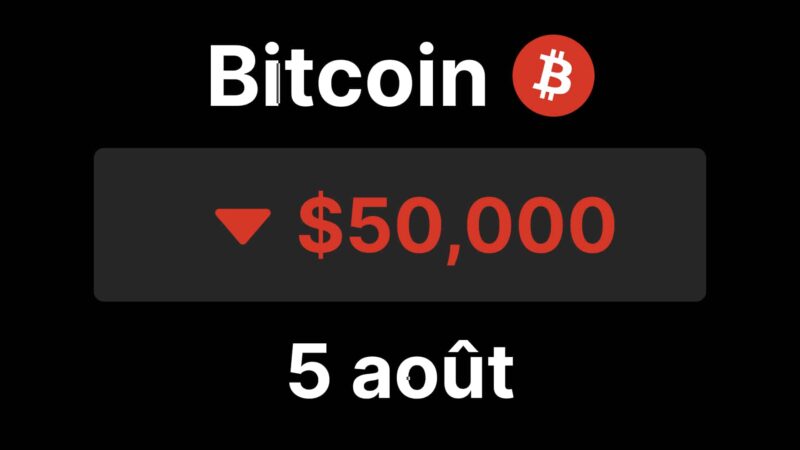Jamie Dimon, who once called Bitcoin a ‘fraud’ in 2017, is changing his stance: JPMorgan is considering offering loans backed by cryptocurrencies like BTC and ETH as early as 2026.
This strategic shift marks a turning point in the institutional recognition of crypto as collaterals, diverging from the cautious approach adopted by other banks such as Goldman Sachs.
Jamie Dimon used to loathe Bitcoin. Today, he is contemplating using it as collateral for loans. It’s a remarkable about-face for the head of JPMorgan, potentially reshaping the relationship between major American banks and the crypto world.
Bitcoin, from ‘fraud’ to banking guarantee
In 2017, Jamie Dimon stated that Bitcoin was a ‘fraud’ meant to vanish. Eight years later, his bank is preparing the exact opposite: loans backed by crypto assets, including BTC and ETH. If the project materializes as early as 2026, JPMorgan would become the first major American bank to lend directly against crypto.
This strategic shift goes against Dimon’s past doctrine, where he threatened to fire any trader daring to touch Bitcoin. His rhetoric has softened recently: “I don’t smoke, but I defend your right to smoke. The same goes for Bitcoin.”
Why this is a major turning point for Wall Street
Lending against crypto as collateral is more than a financial service: it’s a tacit recognition of their enduring value. Up until now, even crypto ETFs were more acceptable than the assets themselves. Now, the real deal, Bitcoin, Ethereum, could serve as the basis for a JPMorgan loan.
This step forward comes as other institutions, like Goldman Sachs, still categorically refuse cryptos as collateral. But the mood has changed. The return of Donald Trump to the White House and his push for financial deregulation breathe new life into the sector.
Most importantly, wealthy clients, often enriched by crypto, demand top-notch services. Several of them reportedly turned away from JPMorgan after Dimon’s fiery comments on Bitcoin.
Regulated stablecoins, reassuring banks
Another catalyst: regulation is progressing. The House of Representatives just passed a federal law on stablecoins. A first in the United States. These dollar-pegged tokens entice banks as they are easier to regulate than ‘pure’ cryptos.
The adoption of this law sends a strong signal: digital assets are no longer outlaws. For JPMorgan, it’s now or never to advance its pieces without losing face.
An implementation still murky, but symbolic
One practical question remains: what if a client defaults? Banks do not want to hold crypto directly. JPMorgan is expected to use a third-party custodian, likely a giant like Coinbase, which could once again benefit…
Technically, not everything is ready yet. Politically, the ground is more favorable than ever.




